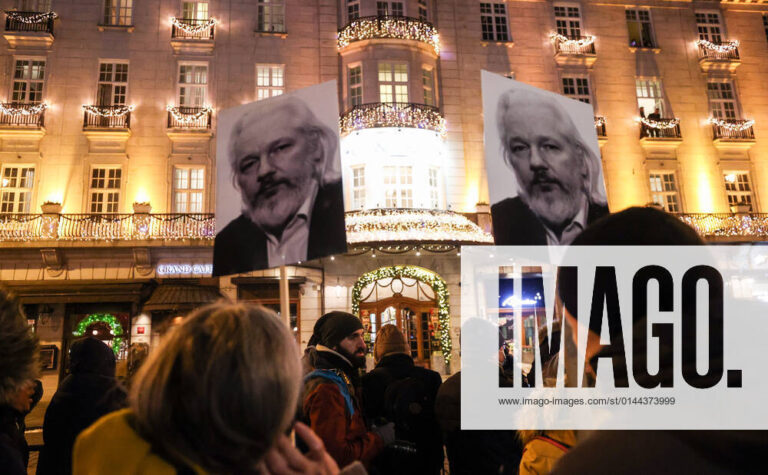
Dec 11, 2021 10:19 PM PHT Rappler.com
‘Journalism is a tradition, and the line that Rappler holds is one that was drawn decades ago by men and women who stood at the barricades and said this far, no further’
Below is the full text of Patricia Evangelista’s speech during the torchlight walk program for Nobel Peace laureates Maria Ressa and Dmitry Muratov on Friday, December 10, in Oslo. Evangelista, Rappler’s investigative journalist who produced its compelling stories on the brutal drug war of the Duterte government, was one of the four speakers during the ceremony. The other speakers were Dr. Nadezda Azhgikhina, a Moscow-based journalist and writer, director of PEN Moscow; Anette Trettebergstuen, Norwegian Minister of Culture and Equality; and Barbara Trionfi, executive director at the International Press Institute.
My name is Patricia Evangelista, and for more than a decade, I worked for a small, independent news agency named Rappler. I’m a trauma reporter. It means that I report about terrible things that happened because those things shouldn’t have happened and shouldn’t happen again.
And then, five years ago, the man who would become the president of the Philippines promised the deaths of his own people. The terrible became ordinary, to thundering applause.
Now I’m going to tell you what terror looks like.
Once, I stood outside a house where five men had been killed. The families gathered outside. Please, they pleaded, tell us who the dead men are. The cops refused, shouted at one mother, shoved another daughter. And then it rained, hard and heavy. People ran and the cops laughed. See, said one police officer. He pointed to the sky. See, even God is on my side.
Once, I spoke to the families of young men who had been killed in the drug war. They called the deaths executions. One father refused to put his name on the record, but his wife told me to use hers. She said it was the one thing she could do for her dead son.
Once, I sat across vigilantes who told me that the cops had ordered them to kill. I couldn’t talk to the cop they named because he refused to comment. I couldn’t talk to the families of the dead because they were in hiding.
Isn’t it strange, one of the vigilantes told me, that it’s the families of the dead who have to run?
I don’t live with terror every day. They do. One wake was empty of mourners because every neighbor was afraid to be seen paying respects. One teenager dropped out of school to trail her mother because she was afraid Mama would be shot next. One woman who had just buried a son stood outside a police station standing guard because another son had been arrested, and she was afraid he wouldn’t live through the night.
In my country, anyone can be called a terrorist. Addicts, activists, lawyers, journalists. But terror is a complicated word. I’ll give you the other word for it, one that is less bound by politics and privilege. The word is fear. Fear is what makes you faint at a police station, in front of your sobbing son. Fear comes to a father when he kneels on a linoleum floor mopping up his son’s blood, saying sorry, I didn’t fight back. Sometimes it makes you apologize to coffins or withdraw witness statements or refuse to testify. Sometimes it stops you from asking questions. Or publishing your byline. Or sharing the story of a boy who said, please, arrest me instead.
We published these stories, and many others. We were called liars and fake news. Our license was put in jeopardy. Many advertisers disappeared. My bosses were charged, arrested, and convicted. Our reporters were banned from the palace. They were trolled and threatened, and because we are women, the threats included rape.
Maria Ressa said keep going. Tell the stories. At great personal cost, she did not run, she did not hide, she did not compromise, and because she did not, those of us on the field could tell the truth and know she had our backs.
Rappler is not the only news agency in the Philippines exposing corruption and the brutalities of the drug war. Neither are they the only journalists working under threat. Journalism is a tradition, and the line that Rappler holds is one that was drawn decades ago by men and women who stood at the barricades and said this far, no further. When brutalities are commonplace, the job of everyday journalism is resistance.
Today, after the Nobel Peace Prize was awarded to Maria Ressa and Dimitry Muratov, we celebrate a world that understands that no democracy can exist with a citizenry terrified into silence. Tomorrow, we will go home to our desks, to the field, to newsrooms all over the world, with the awareness that even if we’re afraid, we don’t tell our stories alone. Thank you. – Rappler.com